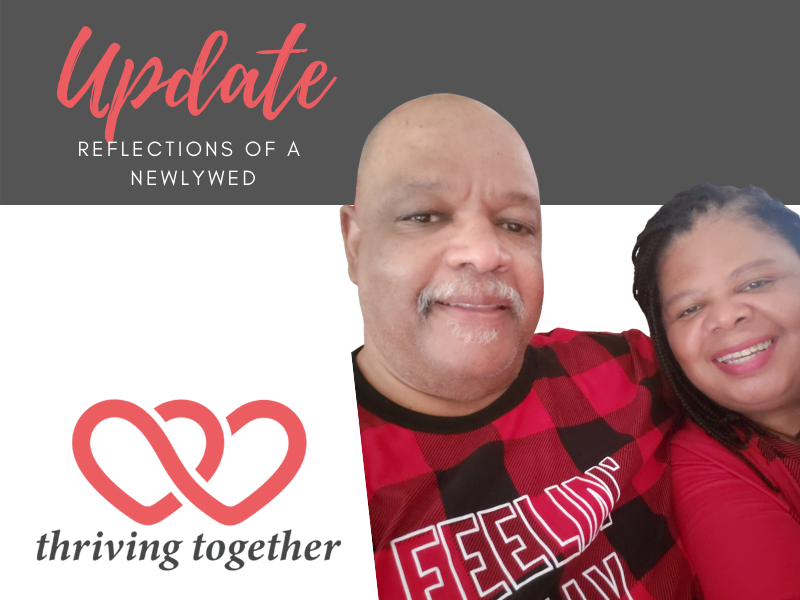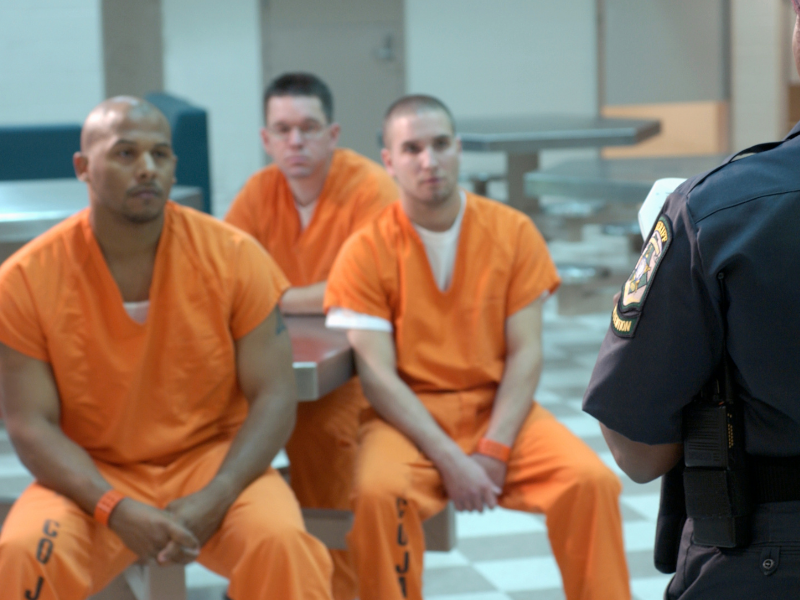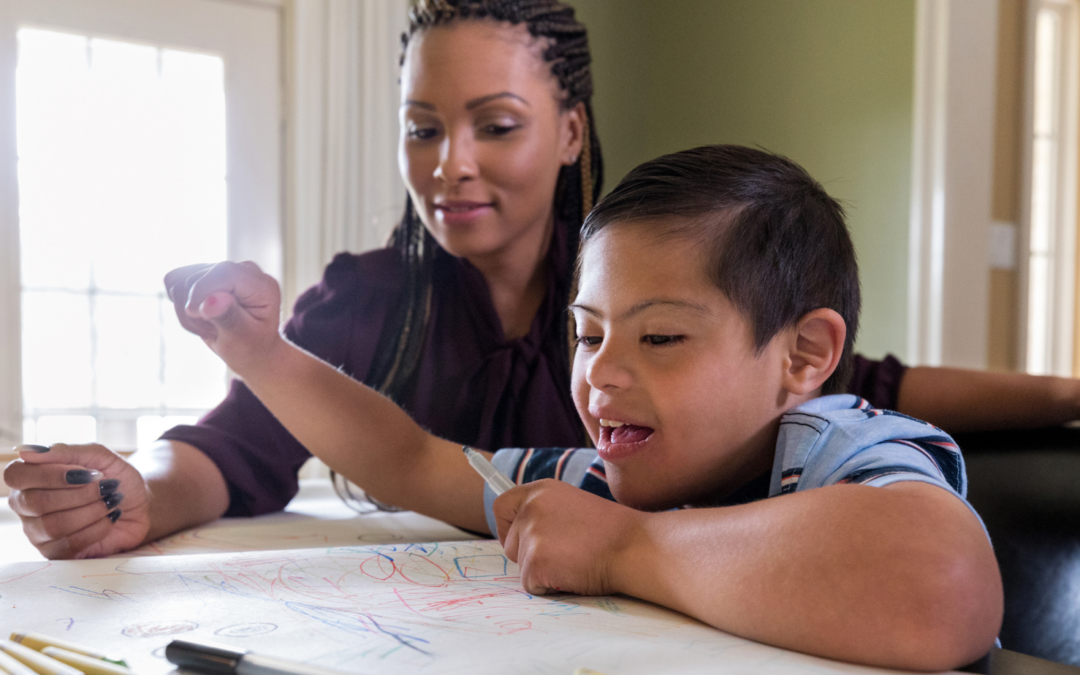What economic research really tells us
Finally, we have the definitive answer on a longstanding debate on whether empirical studies show that minimum wage laws negatively impact employment.
You may have heard conflicting summaries, perhaps from economists themselves, on the economic research on this important topic. Some summarize the research to say that indeed raising the threshold of minimum wage laws comes with a cost of lost jobs, especially for poorer individuals who tend to lack experience and job skills. Others summarize the research to suggest that no such evidence can be found or there might be even slight benefits. And, still, others claim that the evidence is mixed, and you can’t conclude anything.
Last month, David Neumark—an economic research associate at the University of California, Irvine, and Peter Shirley with the Joint Committee on Government and Finance for the West Virginia Legislature—released a study that answered the question.
What does economic research tell us about the minimum wage?
In their National Bureau of Economic Research working paper, the researchers assembled what they believe to be the entire set of published empirical economic studies on the minimum wage in the United States since 1992. They did not include unpublished papers, simulations, or studies using methods considered to be less empirically rigorous.
Of the total 66 papers they identified and examined, they found that 79 percent of them showed a negative impact.
In summarizing the demographic groups most impacted by the minimum wage, the authors said the following:
There is strong and consistent evidence of negative employment effects for teens, young adults, the less-educated, and directly-affected (low-wage) workers, with the estimated elasticities generally larger for the less-educated than for teens and young adults, and larger still for directly-affected workers.
By the way, in case you don’t know, “elasticity” is simply an economic measurement of sensitivity. In this case, it refers to employment’s sensitivity to a change in the wage rate.
Interpreting the research scientifically
Some might want to spin the results to say that because 21 percent of the studies showed no adverse impact, we cannot conclude anything. Or, worse, they may argue that raising the minimum wage in this case may have some positive effects on employment.
However, this is what is known as cherry picking—a no-no when reviewing statistical evidence. We need to keep a few things in mind.
First, when reviewing statistical studies, there is always the chance you get false results. These are known in the profession as Type I or Type II errors, depending on whether you reject your null hypothesis when you shouldn’t have, or its opposite.
We have to look at the confidence level. (Not to be confused with the confidence interval or margin of error.) A 90 percent confidence level, which is usually the standard for national employment data released by the Bureau of Labor Statistics, means that 10 percent of the time, your results will be totally wrong. (That is, outside your margin of error.)
Because of these reasons, the science tells us to look at all valid studies—methodologically valid, that is—and go with the preponderance of the evidence. In this case, because 79 percent of the studies show negative impact, this is the conclusion we need to go with.
When it comes to empirical studies applied to economics, there is another consideration. The design of the study must be consistent with economic reasoning.
This is harder than it sounds. For minimum wage issues, economic reasoning says that negative impacts will occur only when price floors—minimum wages in this case—exceed the market equilibrium. Absent that condition, there would be no impact, but then also no point in establishing the price floor.
This adds a level of complication that, if anything, would increase the error rate. In this case, a 21 percent error rate would be consistent with what we should expect. By the way, this is also why it’s important to do multiple empirical studies to replicate the results. You can’t rely on just one study.
If raising the minimum wage is not the answer, what is?
For advocates of the minimum wage, the empirical evidence will be disappointing. Take heart. There are better solutions out there.
The main reasons people support the idea of a minimum wage are to help wage earners keep up with inflation and to enable them to earn a decent living. In response, I suggest a three prong approach: attack inflation, promote economic growth, and improve education and job skills of the population, especially low-income workers.
Few people realize that inflation is government policy. The Federal Reserve Board of Governors has adopted an annual inflation target of 2 percent, and since the start of the pandemic the board eased its policies to allow inflation to exceed its target.
From my perspective, this inflation target is crazy. It’s a hidden tax that hits the poor the worst. My recommendation is to eliminate the inflation target with a new target so prices remain stable or decline slightly every year to match general gains in productivity.
Of course, economists are divided as ever when it comes to macro policies, and a host of them will cry that eliminating the inflation target is dangerous. They’re wrong, but I’ll save my rebuttal for another day.











